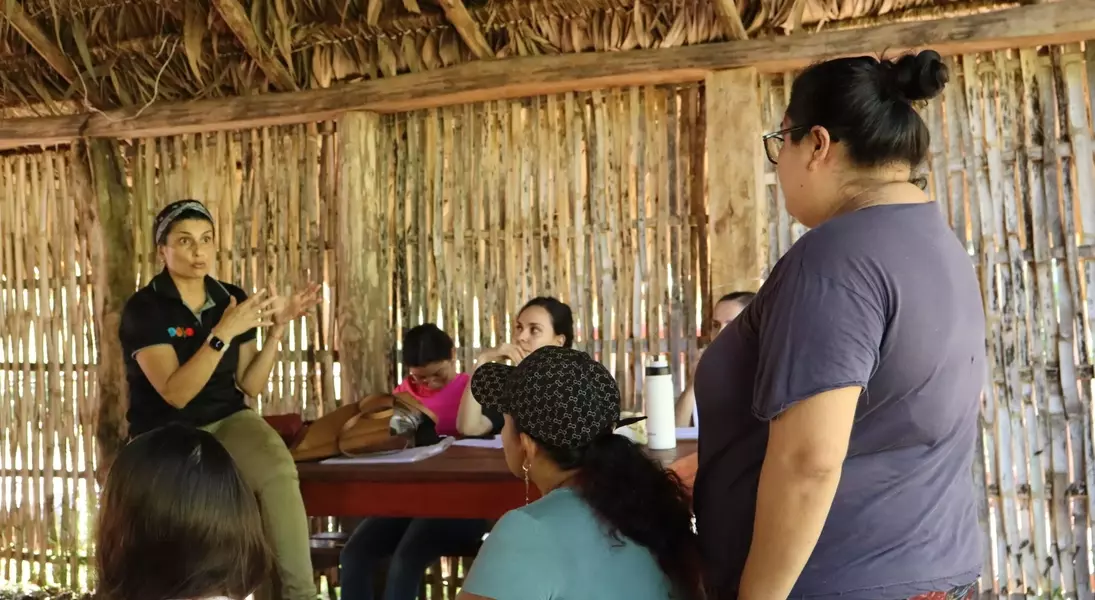
In the heart of Costa Rica, a transformative initiative is reshaping rural livelihoods by addressing critical issues such as inequality and food insecurity. With alarming statistics revealing that two-thirds of children lack adequate nutrition, this country faces significant challenges, particularly in vulnerable areas like Buenos Aires and Guatuso. The "Empowering Communities in Sustainable Agri-Food Systems" program, supported by the Joint SDG Fund, aims to revolutionize agricultural practices and dietary habits through sustainable methods. By fostering knowledge-sharing and empowering individuals, especially women and youth, the program seeks to create long-lasting change while promoting equitable development and resilience against climate change.
Costa Rica's rural regions have long struggled with disparities highlighted by a Gini Index exceeding 50%. These inequalities disproportionately affect families in remote areas where access to resources remains limited. Against this backdrop, Álvaro Cordero from Buenos Aires exemplifies generational farming traditions passed down within his family. His grandson Ian learns essential skills under his guidance, symbolizing continuity amidst evolving agricultural techniques. Meanwhile, Maritza Cortés in Guatuso embodies female empowerment as she expands her poultry business with newfound expertise provided by the initiative. Her journey underscores how equipping women with tools enhances their leadership roles in both production and community decision-making processes.
The program extends its reach beyond adults, incorporating children into its framework to instill healthy eating habits early on. Through interactive activities connecting them with nature and agriculture, young participants gain valuable insights that shape their lifelong attitudes toward sustainability. Collaborative efforts involving multiple stakeholders including local governments, UN agencies, and ministries further amplify these impacts. Sylvia Chaves, coordinating the project, emphasizes the significance of each story emerging from these communities, highlighting their unwavering commitment towards building robust agri-food systems capable of revitalizing national progress.
This innovative approach not only combats hunger but also inspires broader societal transformation. As seeds germinate alongside shared wisdom, they nurture aspirations for a brighter tomorrow filled with opportunities for all members of society regardless of background or circumstance. Together, these actions demonstrate what can be achieved when communities unite around common goals supported by global partnerships dedicated to achieving Sustainable Development Goals by 2030.
Through integrated strategies targeting education, empowerment, and environmental stewardship, this initiative sets a precedent for other nations facing similar challenges. It showcases how localized actions driven by passionate individuals can catalyze widespread positive change, ensuring healthier futures for generations to come while preserving cultural heritage and natural resources vital for sustaining life on Earth.
